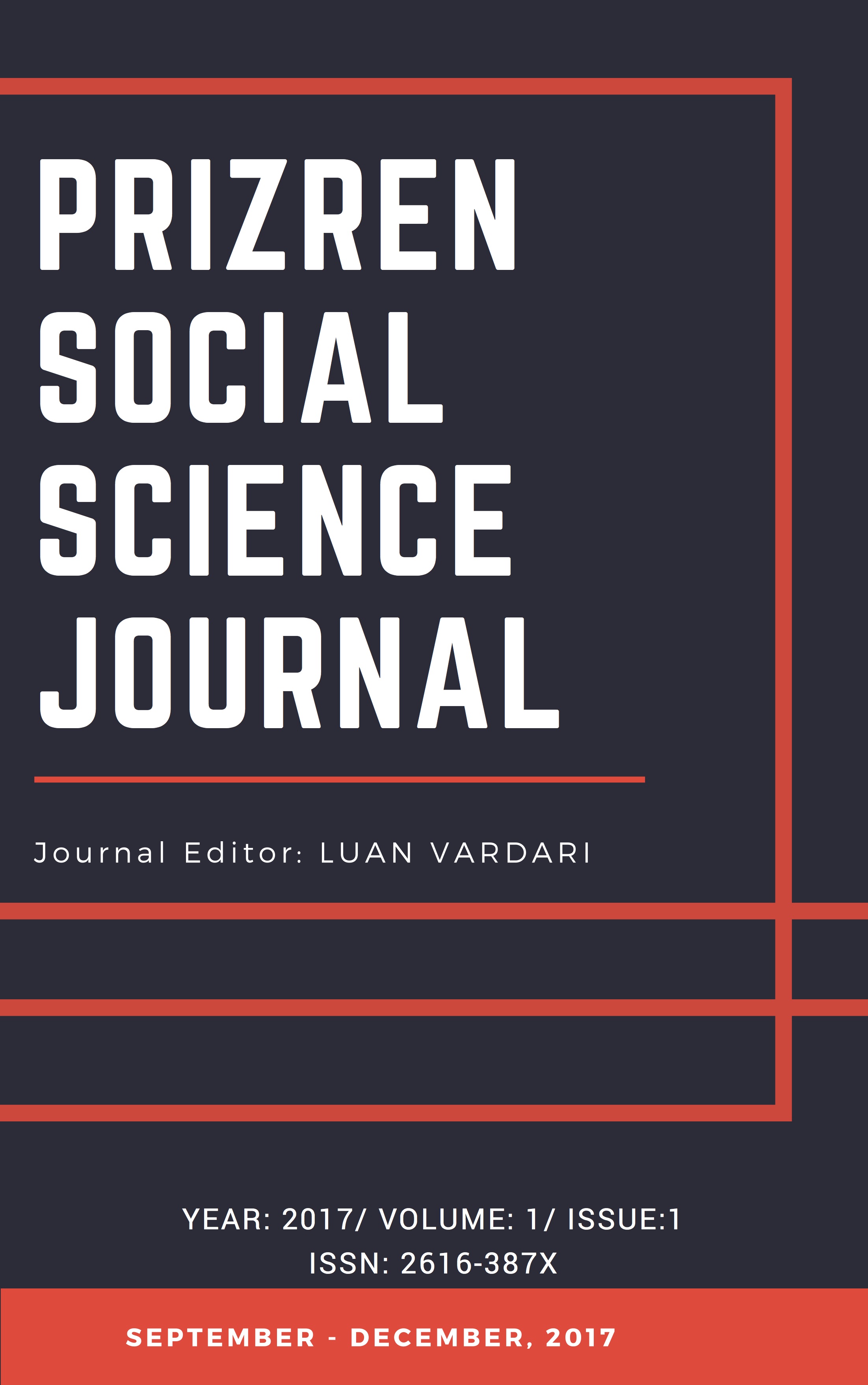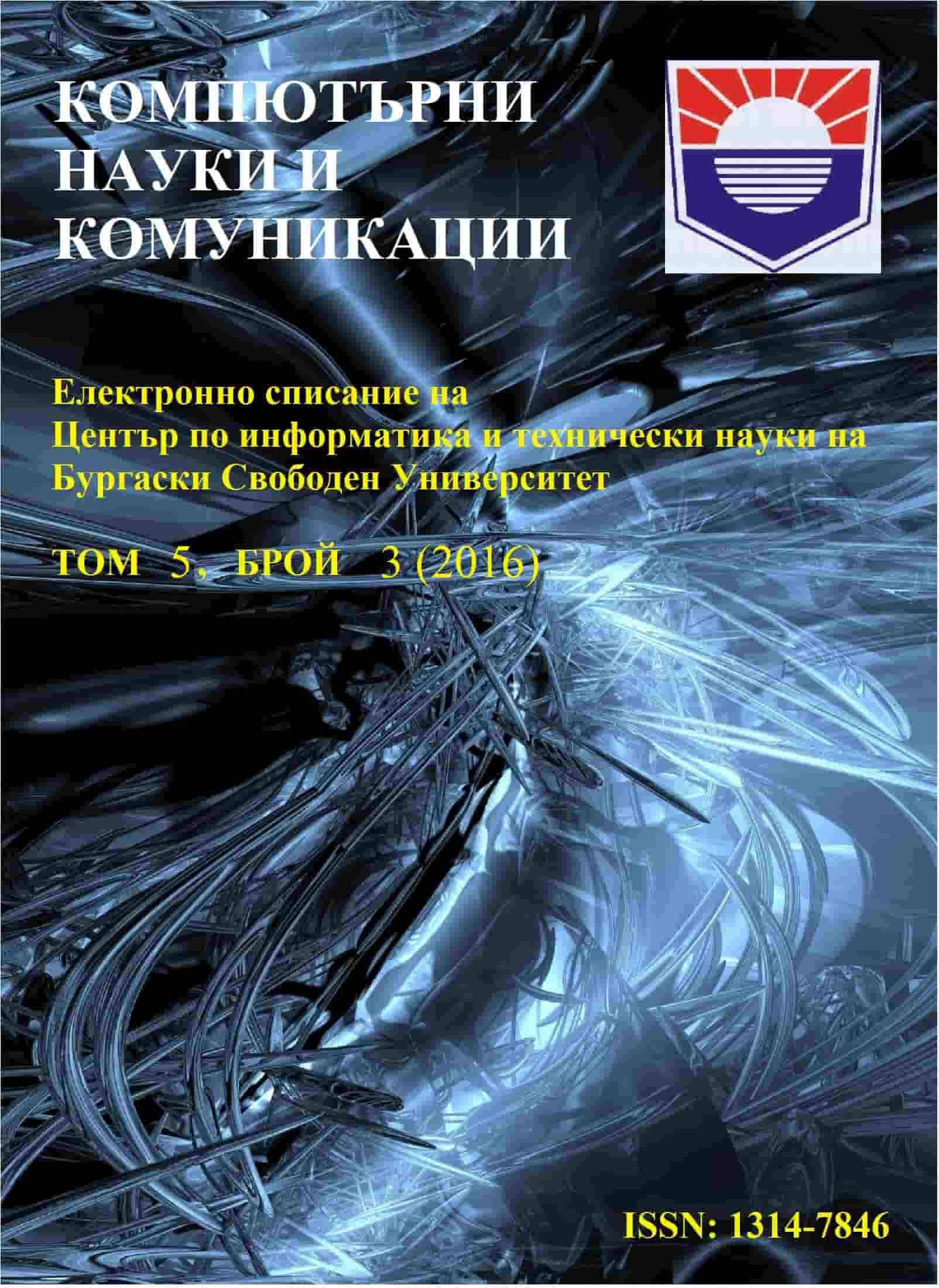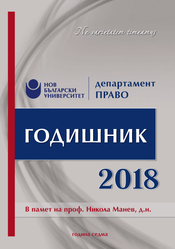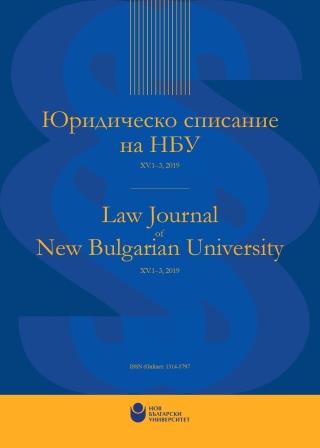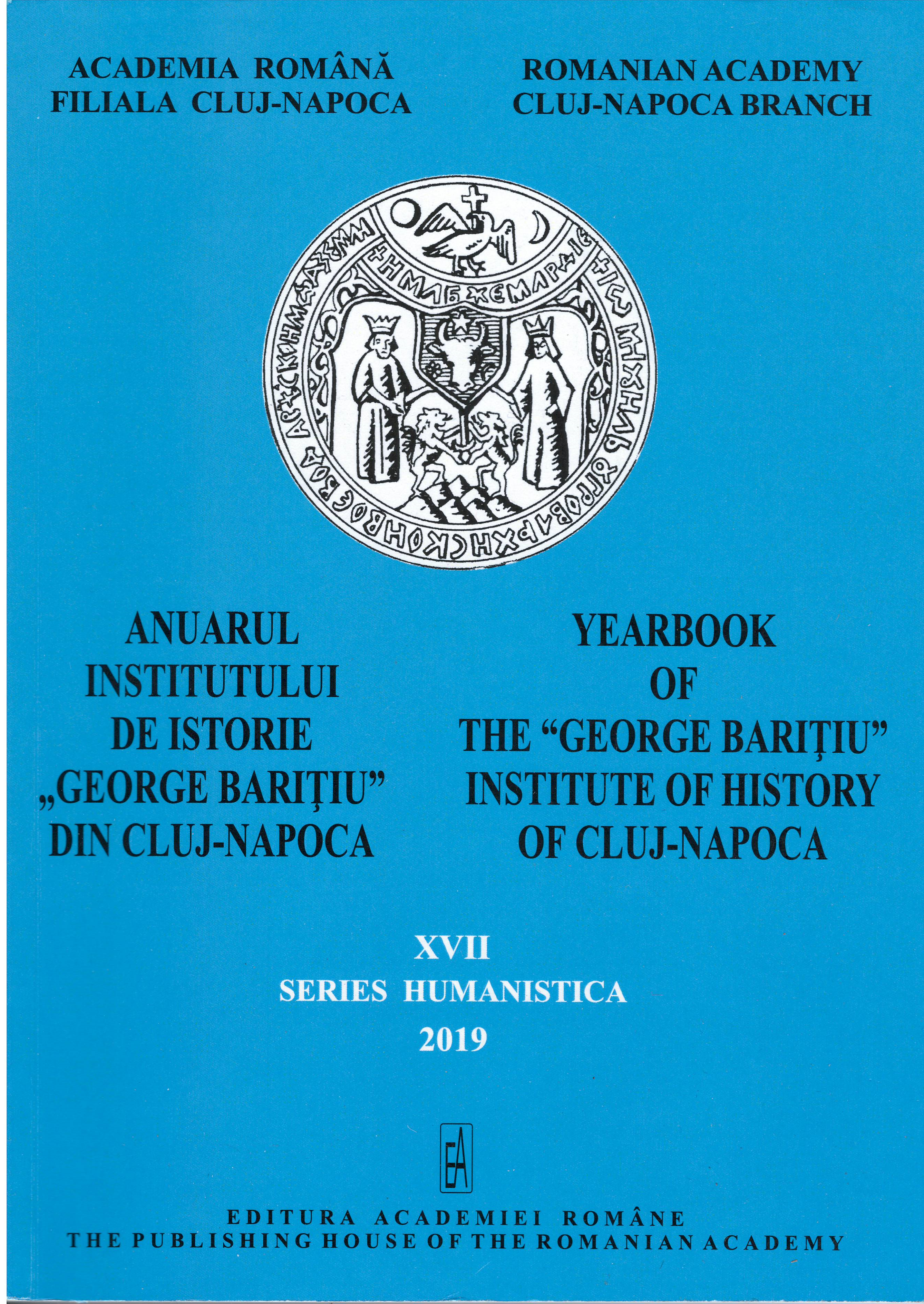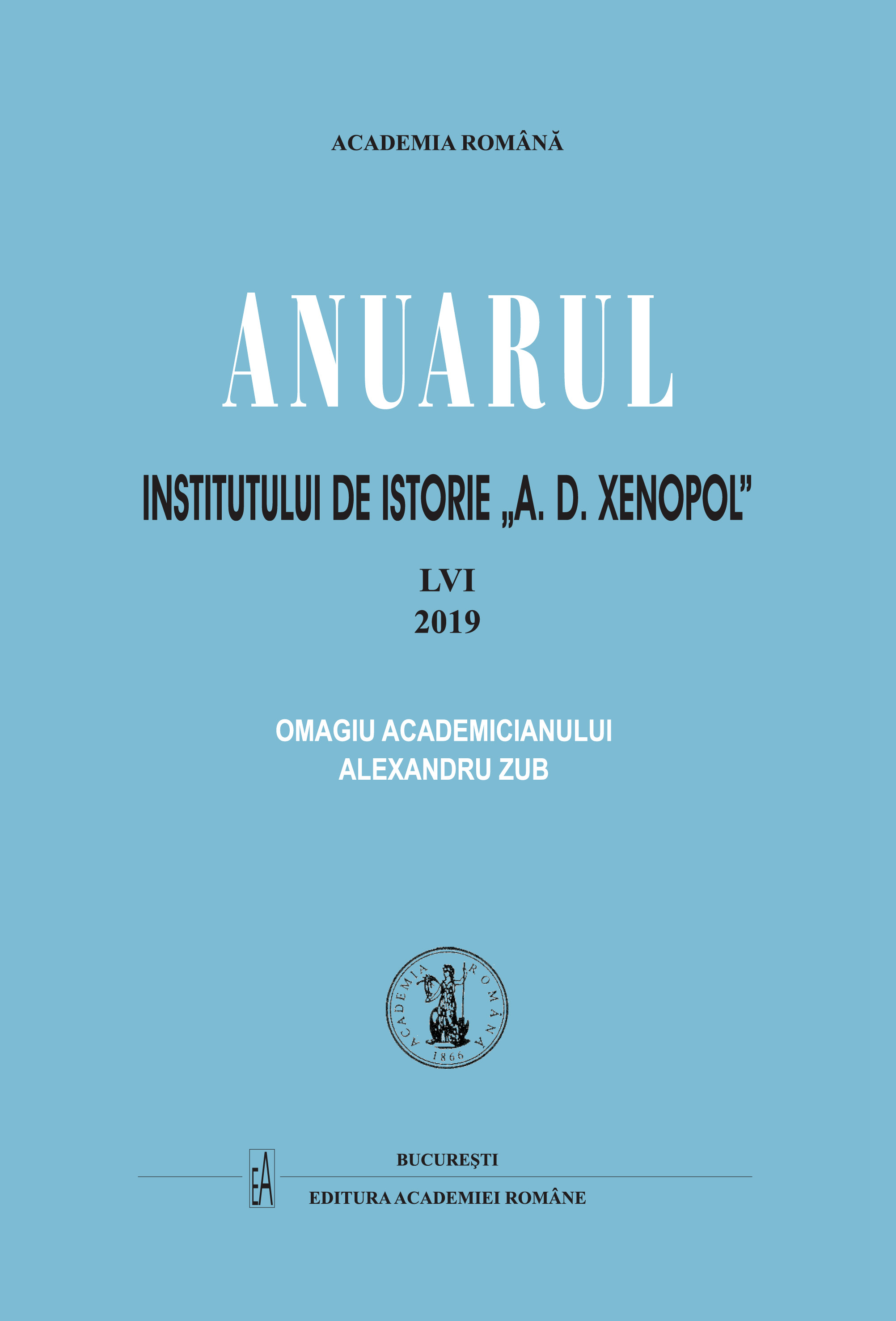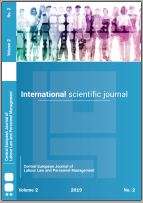
BOSNA I HERCEGOVINA OD ZAVNOBiH-a DO DAYTONSKOG SPORAZUMA – KONTINUITET IZGRADNJE DRŽAVNOSTI U XX STOLJEĆU
The idea of ZAVNOBiH arose in the power of people’s liberation and anti-fascist struggle in Bosnia and Herzegovina within the broad antifascist movement in Yugoslavia. The first session of ZAVNOBiH is an expression of people’s creation and will who fought for the freedom to rule its country, its resources and development. The resolution of the First Session of ZAVNOBiH offered a concept of statehood of Bosnia and Herzegovina in the form of its proclamation as a federal unit of the Democratic Federative Yugoslavia. As an identified state unit, Bosnia and Herzegovina becomes equal with Serbia, Croatia, Macedonia, Montenegro and Slovenia in the constitution of the democratic Yugoslavia on the federal principle. Federal Bosnia and Herzegovina is at last found historical and political solution for fraternity and equality of three autochthonous peoples whose lives were entangled on the territory of Bosnia and Herzegovina: Serbs, Croats and Muslims (Bosniaks). Such a concept of the statehood of Bosnia and Herzegovina was supported by Kardelj and Tito during the preparations for the First Session of ZAVNOBiH. The idea of ZAVNOBiH in its institutionalization started with the First Session of ZAVNOBiH in Mrkonjić Grad and continued with the Second Session in 1944 in Sanski Most, and the Third in free Sarajevo in 1945. The Second Session of ZAVNOBiH established the organization of the state administration, whereas the Third Session grew into a people’s assembly which constituted the first government. In the years of peace and socialist development, Bosnia and Herzegovina passed its first constitution in 1946 whereby the position of Bosnia and Herzegovina was determined as a republic. Bosnia and Herzegovina exerts sovereign authority, except in those issues which are transferred to the authority of the Federal Yugoslavia. Through the dissolution of the Socialist Federative Republic of Yugoslavia and the historical turnaround after the breakdown of socialism, the Republic of Bosnia and Herzegovina performed its political pluralisation in 1990. Bosnia and Herzegovina gained its political independence and sovereignty after the referendum of citizens in 1992, on which 99% of citizens who voted opted that their state be sovereign and independent. There was no historical luck that the will of the citizens of Bosnia and Herzegovina about the status of their country be achieved in peace. After a three and a half year long war and strong engagement of the USA and the International community, Bosnia and Herzegovina develops in peace on the grounds of the Dayton Peace Accord. Bosnia and Herzegovina moves towards membership in the EU and NATO through reforms. All forms of Bosnia and Herzegovina’s statehood, including the future status as a member of the EU, have their roots in the decisions of the First, Second and Third Session of ZAVNOBiH and in the continued development of the statehood of Bosnia and Herzegovina on the ideas of ZAVNOBiH.
More...
